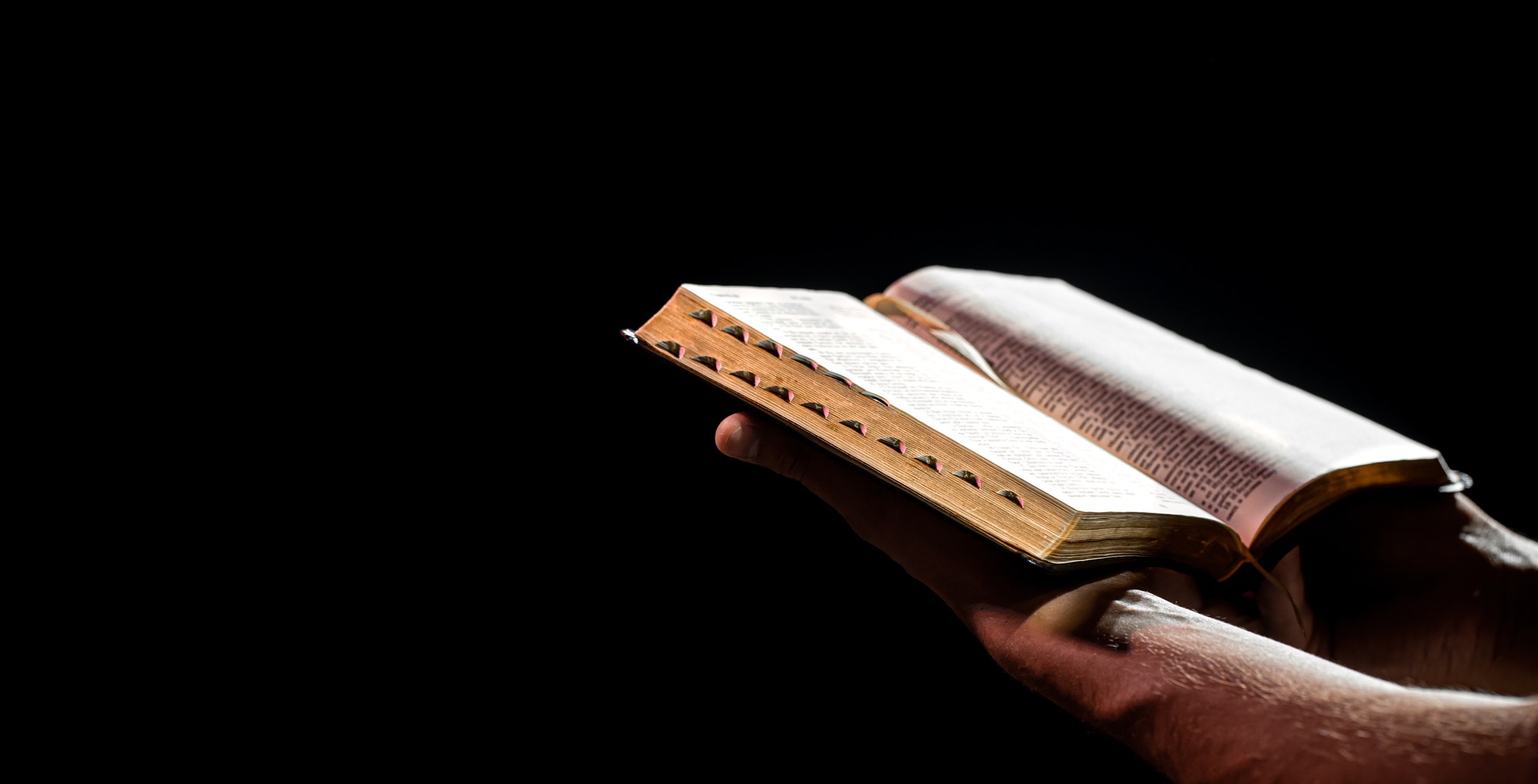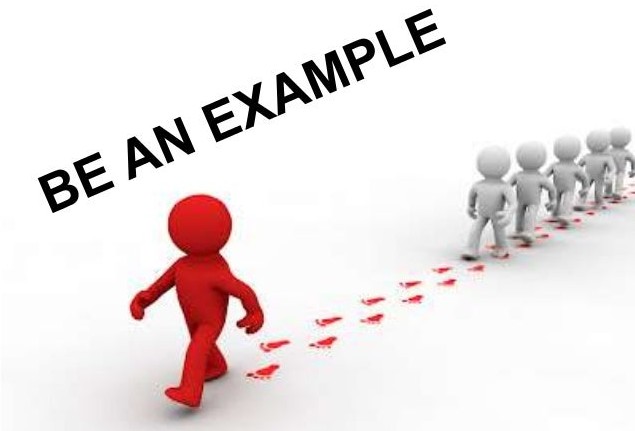Leviticus 2:11
“None of the grain offerings which you present to the LORD may be made with yeast; you must never use yeast or honey in food offered to the LORD.”
Jesus warns us in Luke 12:1: “Beware of the leaven of the Pharisees, which is hypocrisy.” Throughout Matthew 23, Jesus lists a multitude of Pharisaical sins that could be grouped as legalistic externalism.
In Matthew 16:6, Jesus warns of the leaven of the Sadducees. The Sadducees’ sins are not listed, but elsewhere we find they, at a minimum, denied the supernatural and the resurrection of the dead (Acts 23:8). Jesus also warns of the leaven of Herod (Mark 8:15). Herod was involved in a great deal of lying in his political wheeling and dealing, abusing the power of his office, adultery, and general all-around worldliness.
Paul commands in I Corinthians 5:7-8: “Therefore purge out the old leaven, that you may be a new lump, since you truly are unleavened. For indeed Christ, our Passover, was sacrificed for us. Therefore let us keep the feast, not with old leaven, the leaven of malice and wickedness, but with the unleavened bread of sincerity and truth.”
In the New Testament, leaven signifies wickedness and malice in contrast to sincerity and truth. All of our offerings to God are mixed with some measure of sin, but He made allowance for this in His instructions for the offerings and Holy Days, which outline His Plan of Salvation for mankind.
“No grain offering which you bring to the LORD shall be made with leaven, for you shall burn no leaven nor any honey in any offering to the LORD made by fire. As for the offering of the firstfruits, you shall offer them to the LORD, but they shall not be burned on the altar for a sweet aroma” (Leviticus 2:11-12).
Leviticus 23:17, 20 clarifies this statement: “You shall bring from your dwellings two wave loaves of two-tenths of an ephah. They shall be of fine flour; they shall be baked with leaven. They are the firstfruits to the LORD. . . . The priest shall wave them with the bread of the firstfruits as a wave offering before the LORD, with the two lambs. They shall be holy to the LORD for the priest.”
The purpose of keeping the Days of Unleavened Bread is to remind us of our need to remove sin from our lives. The Passover is a memorial of the death of Christ, who died for us so that we may receive forgiveness of sins and have the promise of eternal life. He shed his blood for our sins and saved us from the death penalty. The only solution is we must be totally changed in our future, according to I Corinthians 15:50-52: “Now this I say, brethren, that flesh and blood cannot inherit the kingdom of God; nor does corruption inherit incorruption. Behold, I tell you a mystery: We shall not all sleep, but we shall all be changed—in a moment, in the twinkling of an eye, at the last trumpet. For the trumpet will sound, and the dead will be raised incorruptible, and we shall be changed.”




